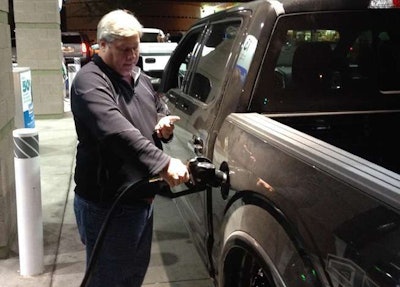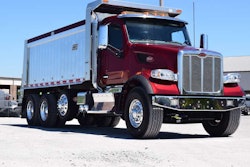 E-15 can be a problem when used in many vehicles, small engines, and recreational products such as boats and ATVs.
E-15 can be a problem when used in many vehicles, small engines, and recreational products such as boats and ATVs.Legislation to prohibit the sale of motor fuel with an ethanol mixture died when the legislature adjourned for the year according to the latest news from the Speciality Equipment Market Association (SEMA) reports from Washington.
The bill recognized that ethanol fuels cause problems with fuel pumps, fuel gauges and other engine performance issues, especially over a period of time when the vehicle is not used.
Current high-performance specialty parts along with pre-model-year ’01 cars and parts may be most susceptible to corrosion.
The measure also acknowledged that ethanol has been shown to decrease fuel mileage.
Meanwhile, the U.S. Environmental Protection Agency (EPA) recently announced proposed annual targets under the Renewable Fuel Standard (RFS) for the amount of ethanol that is required to be blended into gasoline in 2014, 2015 and 2016.
While the targets have been revised down, they still rely on expanded sales of E15 (gas that is 15% ethanol).
Ethanol, especially higher concentrations such as E15, can cause metal corrosion and dissolve certain plastics and rubbers in automobiles produced before 2001 that were not constructed with ethanol-resistant materials.
SEMA is working to enact legislation to repeal the EPA regulation authorizing E15 sales, cap the amount of ethanol blended into gasoline at 10% and eliminate a mandate that 15 billion gallons of corn-based ethanol be blended into the U.S. fuel supply every year.
SEMA has joined with more than 50 other organizations from the auto, boat, food and energy industries to support passage of the legislation.








